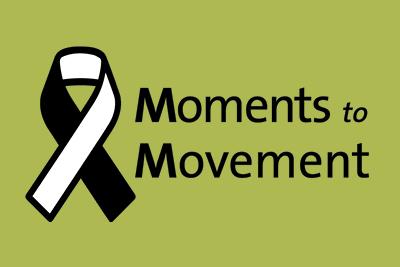
Duke University School of Medicine (SOM) leaders, faculty and staff discussed approaches for dismantling racism during an hour-long, virtual town hall on Monday, Dec. 7. The discussion was part of Moments to Movement – Duke Health’s collective stand against systemic racism and injustice.
The conversation was hosted by A. Eugene Washington, MD, chancellor for health affairs at Duke University and president and CEO of Duke University Health System (DUHS), and moderated by SOM Dean Mary Klotman, MD. Panelists included Coral May, MPA, director, SOM Human Resources Service Center; Kenyon Railey, MD, assistant professor of family medicine and community health; Judy Seidenstein, associate dean and chief diversity officer; Kevin Thomas, MD, associate professor of medicine; and Laine Thomas, PhD, associate professor of biostatistics and bioinformatics.
[video:https://youtu.be/IYbHVQsidYA]
“One of the School’s five core values is respect for and inclusion of people of all backgrounds,” Klotman said. “And what we’re talking about today is not just words, it is actions.”
The School’s strategic planning around combating racism began on June 16. Since then, an oversight committee and four constituent committees have been formed. The constituent committees include faculty, staff, health professions students, and PhD students and postdoctoral fellows. Klotman played a powerful video of committee members sharing why they feel it’s important to create an anti-racist future.
“If we are successful at this, Duke will become a place where everyone feels they belong and can thrive,” said Matthew Barber, MD, chair of the Department of Obstetrics & Gynecology and a member of the oversight committee. “We will go from a place where we can do great things to a place where we can do extraordinary things.”
Each of the four committees is generating recommendations that are then shared with the oversight committee. The panelists represented each of the committees and discussed changes their groups would like to see implemented.
All of the panelists agreed that some form of ongoing education was needed. They also agreed that a reporting system for grievances should be established. May, who is co-chair of the staff committee, said SOM staff would like to improve communication with leadership. Kevin Thomas, who is co-chair of the faculty committee, said “diversifying leadership to reflect the community we serve” was one of the imperatives from his group.
Laine Thomas and Railey co-chair the two committees of students and trainees. They said letters the students had submitted had informed their process. Railey commended the students’ curiosity.
“They’re asking us, ‘why in 2020 are we still dealing with this?’” he said. “And that creates the challenge for us.”
Klotman said the committees will continue to meet and develop recommendations that will be implemented and measured.
“I thank all of the committee and task force members for the time, energy and passion they’ve invested and continue to invest in this very difficult and often very emotional work,” Klotman said. “To make substantive change, the work is hard. It will take significant time and effort. The School of Medicine is committed to transformational, tangible and sustainable change.”